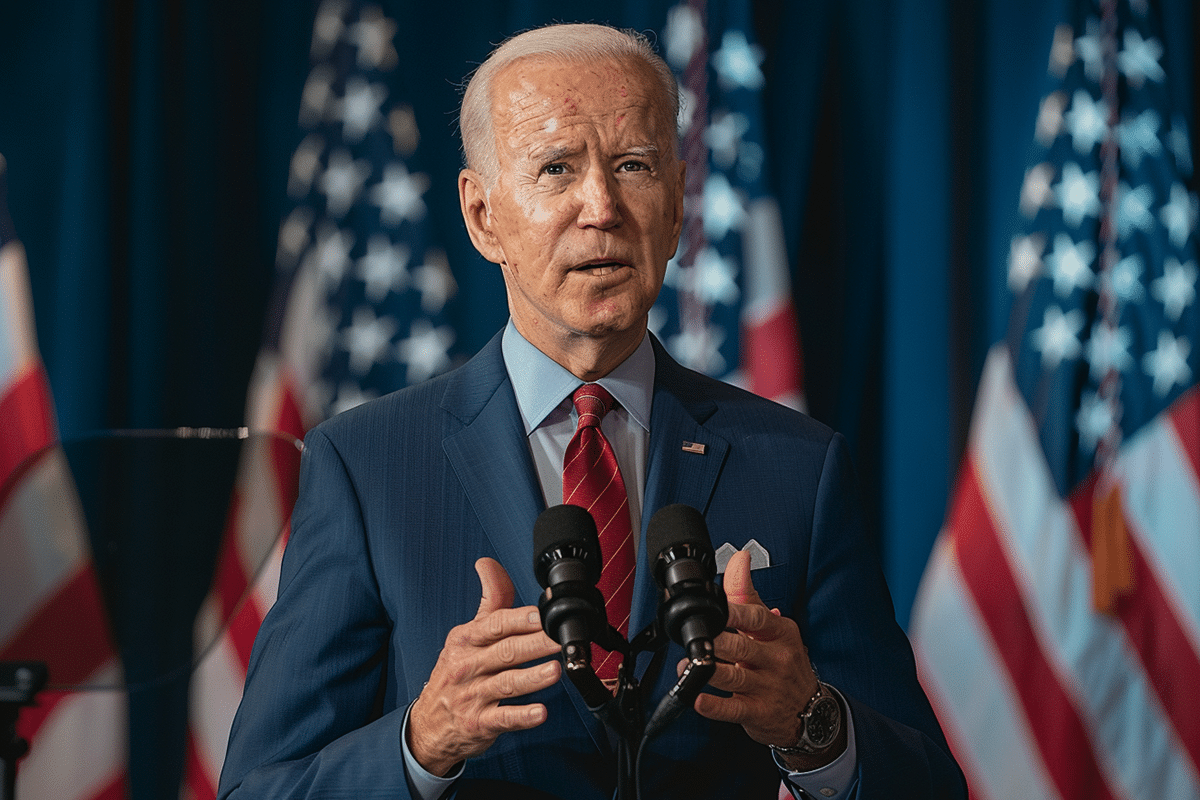The Biden administration has unveiled its last set of restrictions on the export of advanced artificial intelligence (AI) chips, targeting adversaries such as China and Russia. This move is part of a broader strategy to safeguard US technological leadership while preventing foreign rivals from acquiring critical computing technologies. The announcement, made just days before President Biden leaves office, has intensified ongoing tensions between Washington and Beijing.
A Strategic Framework for AI Export Controls
The new measures are built around a global export framework that categorizes countries into three distinct tiers. Close US allies, including Australia, Japan, South Korea, and Taiwan, fall into the first tier and face no new restrictions. A second tier, which includes nations already restricted from purchasing advanced AI chips like China and Russia, will now also be prohibited from accessing powerful “closed” AI models. These models feature proprietary architectures that are not publicly available.
The third group, comprising most other countries, will face caps on the amount of computing power they can purchase. However, these nations can apply for additional quotas under stringent security requirements. Analysts believe this measure is intended to curb China’s ability to acquire AI technology indirectly, particularly through intermediaries in the Middle East.
Broader Geopolitical Implications
The restrictions represent the culmination of years-long efforts to limit China’s progress in both military and industrial domains. Chinese leader Xi Jinping has made self-reliance in technology a cornerstone of his economic strategy, aiming to position China as a global tech superpower. In response, the US has taken a series of measures to protect its technological edge, including imposing restrictions on semiconductor-making equipment and blocking numerous Chinese companies from accessing US technology.
US officials have underscored the urgency of addressing the growing challenge posed by China, emphasizing the strategic importance of this “critical window.” These new export rules are seen as an essential step to counter China’s ambitions and secure the future of American innovation.
Industry Pushback and Economic Concerns
While the administration argues the restrictions are necessary for national security, the move has sparked strong opposition from the tech industry. Leading companies such as Nvidia and Oracle, as well as influential semiconductor groups, have criticized the measures, warning of potential damage to US competitiveness and innovation.
The tech industry has expressed concerns that restricting access to AI chips could hinder the global spread of AI advancements and slow economic growth. Opponents warn that such policies might have unintended repercussions, potentially jeopardizing the U.S.’s leadership in advanced technology sectors.
Timing and Transitional Challenges
The announcement comes at a pivotal moment, just as global demand for AI chips from manufacturers like Nvidia, AMD, and Intel is soaring. With only a few days remaining before the Biden administration transitions to the Trump administration, the rules are set to enter a 120-day public comment period. This process will allow the incoming administration to review and potentially modify the measures based on feedback from experts, industry stakeholders, and international partners.
Despite ongoing consultations between the outgoing and incoming administrations, the Biden team has opted to move forward decisively, citing the immediate need to counter China’s technological rise.
The Bigger Picture
The restrictions underscore the increasingly competitive landscape of AI and semiconductor technology. With previous US policies already impacting Beijing’s access to essential chip-making tools, these new measures mark an escalation in efforts to limit China’s technological advancement. As the US government navigates the complexities of protecting national interests while fostering global innovation, the latest export curbs highlight the delicate balance between security and economic growth.
While the full impact of these restrictions remains to be seen, they signal a clear message: the race for technological supremacy continues to shape global geopolitics, with AI chips at the forefront of this modern battleground.





